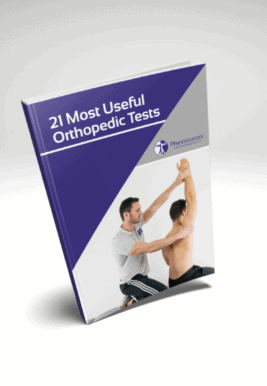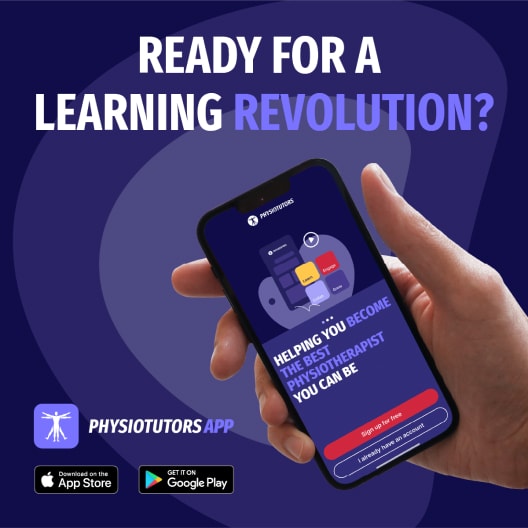Learn
Valgus Stress Test for Medial Collateral Ligament Injuries
Medial collateral ligament injuries are among the most prevalent knee injuries seen in primary care. It’s therefore of particular interest to our healthcare systems that physicians and physiotherapists are able to filter patients with suspected MCL injuries prior to referring them to secondary care. Therefore, Kastelein et al. (2008) conducted a study to investigate the diagnostic accuracy of patient history items as well as orthopedic tests to assess the integrity of the MCL. One of the tests was the valgus stress test, particularly at 30° of knee flexion. As a stand-alone test, it had a sensitivity of 78% and specificity of 67% the pain was used as the outcome measure and a sensitivity of 91% and specificity of 49% when laxity was the outcome measure. So, the absence of both pain and laxity seems to be of at least moderate clinical value to exclude the presence of MCL lesions whereas confirming lesions using this test is not possible with acceptable certainty.
Performance in 0° of flexion:
Hold the knee in full extension, secure the ankle with one hand, and place the other hand around the knee so that the thenar is against the fibular head. Then push medially against the knee and laterally against the ankle in an attempt to open the knee joint on the inside. Also, try to palpate the medial joint line for gapping and pain.
Variation in 30° of knee flexion:
The execution here is the same but you can use a cushion to place the knee in 30° of flexion or place the knee on your thigh. Then again, secure the ankle with one hand and place the other hand around the knee so that the thenar is against the fibular head. Then push medially against the knee and laterally against the ankle in an attempt to open the knee joint on the inside. Also, try to palpate the medial joint line for gapping and pain.
21 OF THE MOST USEFUL ORTHOPAEDIC TESTS IN CLINICAL PRACTICE

If you want to assess the integrity of the Lateral Collateral Ligament (LCL) at the knee, check out the Varus Stress Test.
Like what you’re learning?
BUY THE FULL PHYSIOTUTORS ASSESSMENT BOOK
- 600+ Pages e-Book
- Interactive Content (Direct Video Demonstration, PubMed articles)
- Statistical Values for all Special Tests from the latest research
- Available in 🇬🇧 🇩🇪 🇫🇷 🇪🇸 🇮🇹 🇵🇹 🇹🇷
- And much more!








